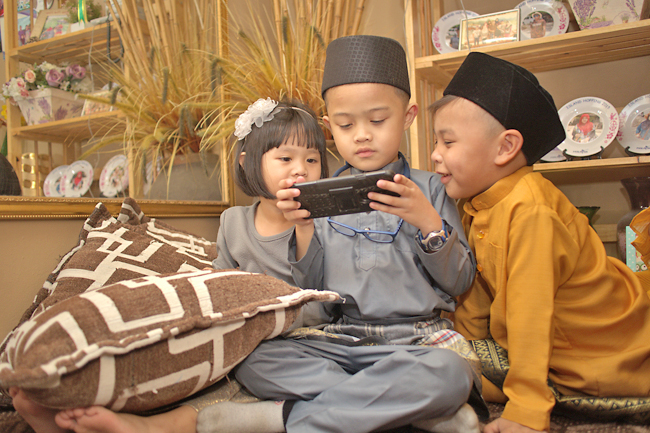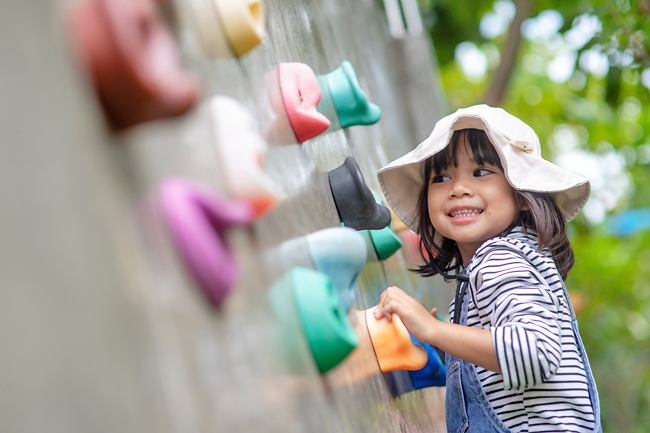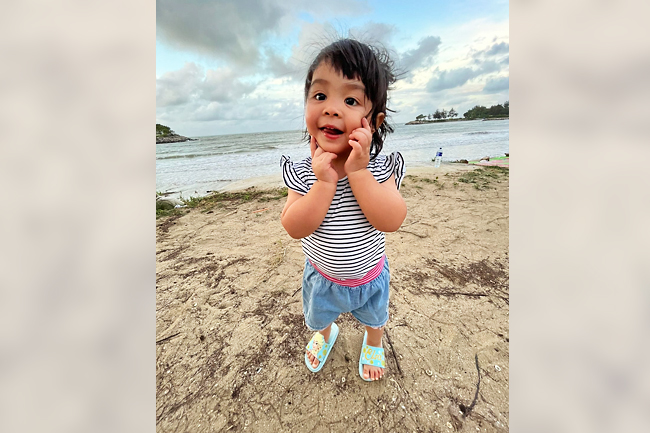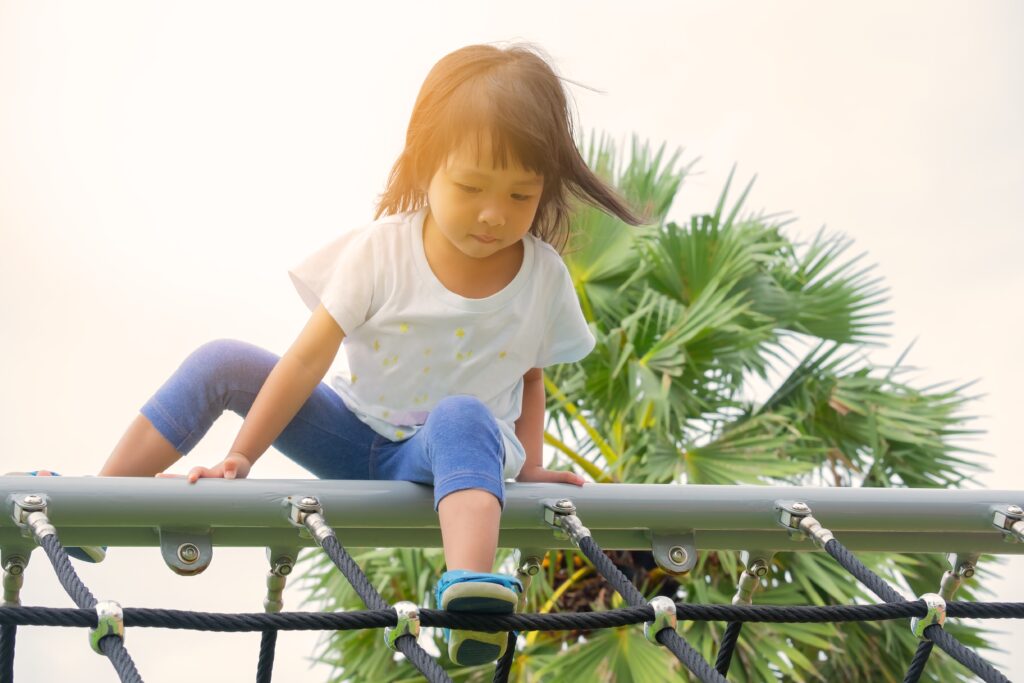Cognitive flexibility is a crucial skill that enables individuals to adapt to changing situations and think about multiple concepts simultaneously. For children, this ability is particularly important as it allows them to adjust to new environments, solve problems creatively and handle unexpected challenges.
Developing cognitive flexibility during early childhood lays the foundation for effective learning, social interactions and emotional regulation.
It equips children with the resilience to cope with life’s uncertainties and the adaptability to thrive in diverse settings, ultimately fostering a more dynamic and innovative approach to both personal and academic growth.
Simply put, cognitive flexibility helps people adjust to new situations, which is especially vital for children as they learn to adapt to their surroundings.
During the preschool years, children’s brains develop quickly, and they start to show more advanced symbolic thinking, reflected in their imaginative play. This means they can create and play out different scenarios, helping them grow and understand the world better.

Play is not just a frivolous pastime for children; it is a vital aspect of their development that goes hand in hand with human growth and learning. The science of play reveals how these seemingly simple activities stimulate cognitive, social, and emotional growth, fostering creativity, problem-solving skills and resilience.
From the joyful chaos of a playground to the imaginative worlds crafted in their minds, children engage in play essential for their overall well-being and future success.
According to United Nations International Children’s Emergency Fund (UNICEF) Executive Director Catherine Russel, play is a sign that children feel safe and nurtured and loved.
“They feel somewhat that they can be children even in the midst of great difficulty,” she added.
Findings from UNICEF have also shown that, globally, 71 per cent of children said play makes them happy, while 58 per cent noted that it helps them make friends and have a good time.
Despite its importance, an estimated 160 million children worldwide are working instead of playing or learning. The contrast with previous generations is stark: while only one in four children now regularly play outside on their street, nearly three-quarters of their grandparents did so a few times a week.
Additionally, 41 per cent of children have been told to stop playing outside by parents or other adults like neighbours. This decline in outdoor play highlights a significant shift in how children experience their formative years.

To understand the factors behind this shift away from outdoor play, the Bulletin spoke with three parents about their practices and experiences with their own children in Brunei.
Rahimah, 41, explained that parents today are often reluctant to let their children play outside due to concerns that were less common in previous generations, with safety being the primary issue.
“When we were growing up, cases of kidnappings were almost non-existent and most of us lived in village areas surrounded by our relatives, so everyone would be keeping an eye on each other’s children when it was time for outdoor play,” said the mother of three.
With reports of kidnappings or attempted kidnappings becoming increasingly common on social media in recent years, Rahimah noted that parents have grown more cautious.
Additionally, many new housing developments are situated close to busy roads where vehicles often exceed speed limits, further heightening concerns about children’s safety.
“Nonetheless, my husband and I are actually very outdoorsy people and we try as much as possible to encourage our children to play outside and experience things we did when we were growing up,” said Rahimah, adding that they would bring their children to parks and beaches that they know are clean, as cleanliness these days is also a factor.
“To remain indoors and staying static won’t help our children develop cognitively and socially as they get older, and now that two of my children are pre-teens, we would have them join team sports such as football and netball,” she said.

Azman, a 54-year-old father of three teenagers, remarked that the increasing popularity of digital entertainment has led to children spending more time indoors, diminishing the need for outdoor play.
“As they grew up, my children were always more inclined to play on their phones and video consoles. We’ve tried to encourage them to go outside and play, but these efforts were often short-lived,” he explained.
When asked if he had ever discussed this concern with his children, Azman said they would often point out the differences between their generation and his, highlighting their varying needs and interests. He further noted that this has led to his children feeling awkward during face-to-face social interactions in real life.
Meanwhile, 35-year-old Asif, who has a one-year-old daughter, mentioned that the current weather conditions are not very conducive to outdoor play. With frequent extremes of heat or heavy rain, taking his daughter to parks and outdoor play areas has proven to be quite challenging.
“My daughter’s quite a friendly baby though, so whenever we go to indoor playgrounds, we would let her socialise and play with other children, and that’s always been a great experience for her,” said Asif.

He also noted that he and his wife practise caution, observing that other parents are increasingly reluctant to let their children play with others. Consequently, they only allow their daughter to play with children whose parents are more comfortable with such interactions.
Understanding the profound impact of play can transform how we nurture the next generation, ensuring they are equipped with the tools to thrive in an ever-changing world.
More importantly, it is a universal language spoken by people of all ages, crossing national, cultural and socio-economic boundaries as a shared passion that brings people together, creating a sense of community and national pride. – Izah Azahari






